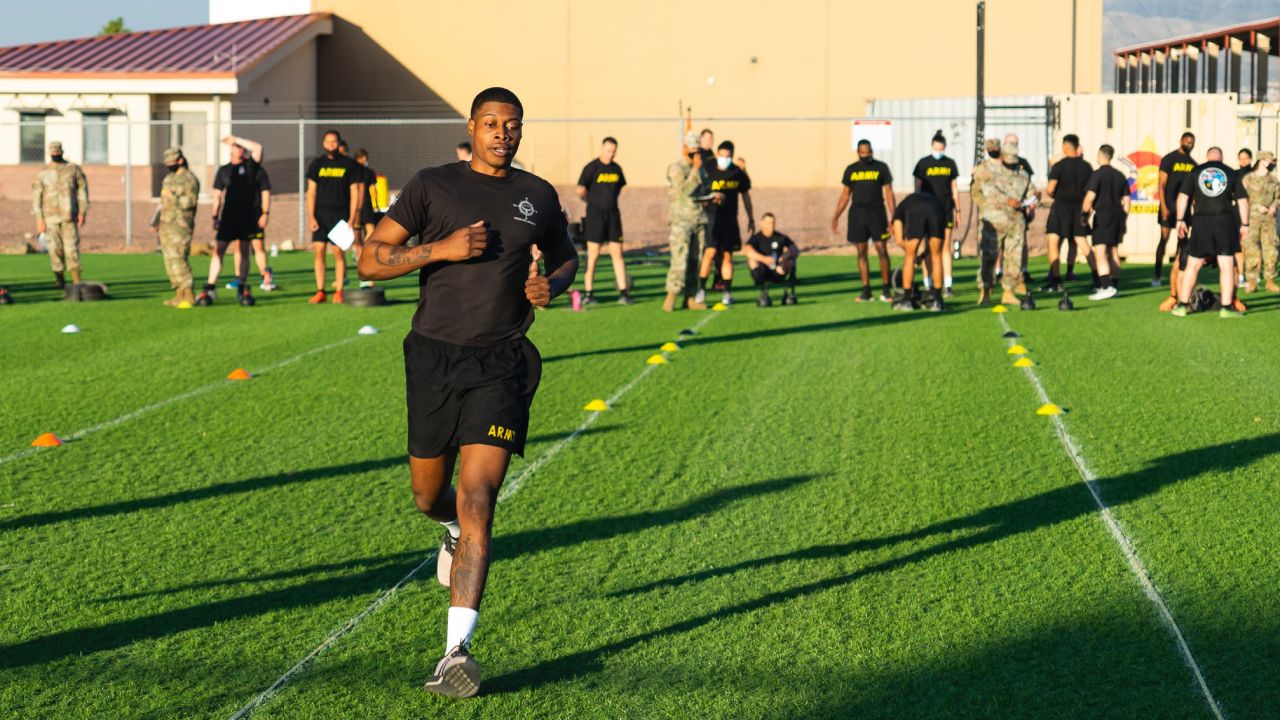Football coaching is a time-consuming and challenging pastime, no matter what level you are at.
As a coach, you will have to deal with players who have different levels of ability and mindsets.
What are the fundamental principles of football coaching? This is a comprehensive breakdown of all aspects of football!
Explore the Seven Fundamental Coaching Principles
All of these principles can be loosely related to any of the four phases: in possession, without possession, defensive and offensive transitions.
You should explain the principles that apply to these phases and make sure players are aware of them.
#1. The importance of free spaces: are areas are crucial during both the offensive and defensive phases. They tend to favour offensive play, however, because players who are able to identify the free spaces in between an opponent’s defensive line and gain possession of them can sustain and execute their attacks. Players and collectives must look for ways to limit and compress the number of free spaces in dangerous areas.
#2. The Players without the Ball Must Always Move. While players who do not have possession of the ball can sometimes create chances standing still, they should always be moving to find space. They can create space and pass forward to their teammates while generating space with decoys. The movements must be adapted to the style and passing abilities of the player who is in possession.
#3. Think Ahead. This applies to all phases of the match since players need to have an idea in mind and be prepared to respond quickly when transitions occur. Players should be able to quickly move the ball when attacking and prepared to press or retreat if they lose possession. As teams anticipate winning back the ball during transitions or defensive phases, they can spring quick, coordinated, and structured counterattacks.
#4. Teams that can maintain possession are more likely to win matches in the modern game (especially when they have the ability to compress the space and play high on the pitch). Your players must be able to maintain structured possession and coordinate their attacks. This will increase your team’s scoring chances and improve defensive effectiveness. Fastball movements and frequent switching of play are essential for effective possession. Passing forward or between opposing lines can also be highly beneficial.
#5. #5. Finishing and decision-making: Another key coaching principle is to make decisions based on football intelligence. It is important to be able to finish an attack and to decide whether to assist a colleague, commit a defensive player or take a goal shot. It takes a mixture of timing, instinct and good coaching to achieve this. Teamwork is also important in ensuring that players have the options they need in the final third and can make the best decision.
#6. Players should move in support of teammates during possession. However, players must also provide coverage in defensive phases or transitions. It is important to have good positioning awareness and be able to move quickly, regardless of whether you are leading or supporting a press, tracking a player from midfield, or just marking a free space. Wingers in wide areas should support fullbacks and avoid significant overloads when defensive phases or transitions occur.
#7. In the defensive transition, most teams initially try to press the ball and recover it high. After a brief period, they will drop back into a defensive formation. No matter what your exact strategy or pressing triggers are, they must be clearly communicated, and the players have to work together to prevent counterattacks and compress space at all times. To recover the ball quickly, players need to anticipate the loss of the ball and understand their role during the counter-pressing sequence.

